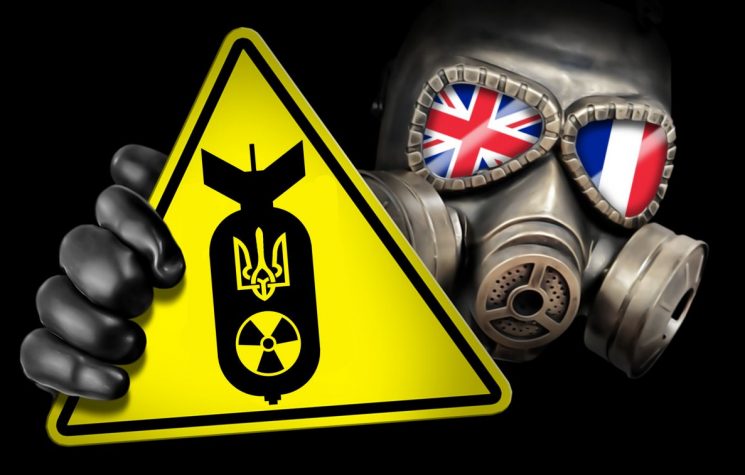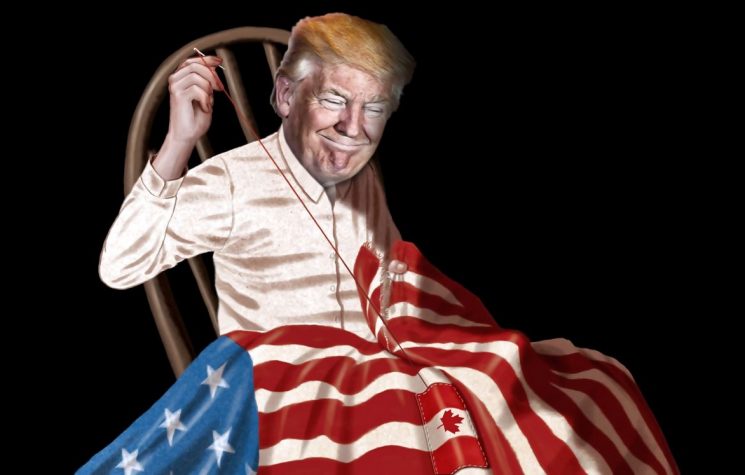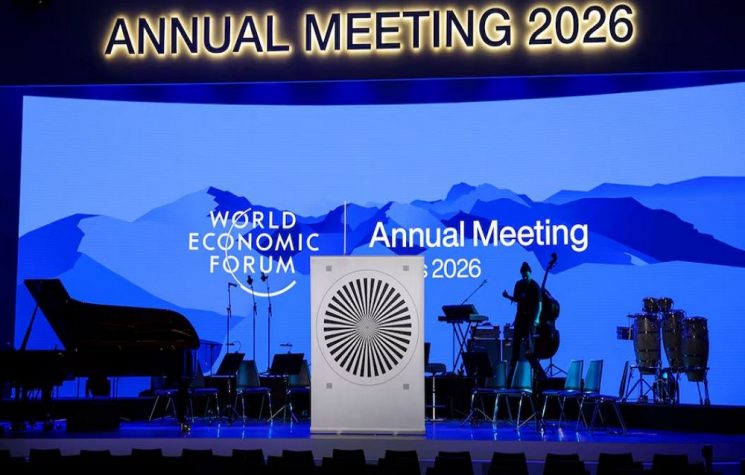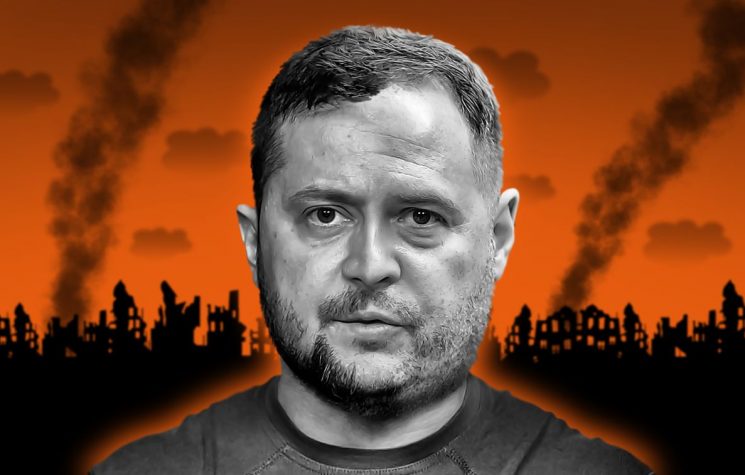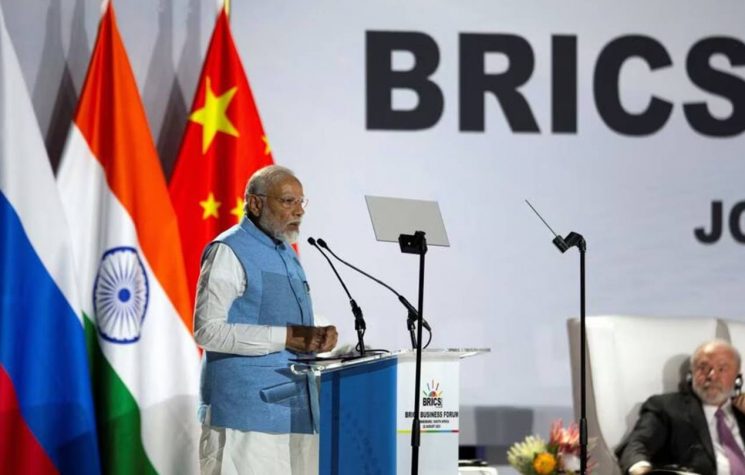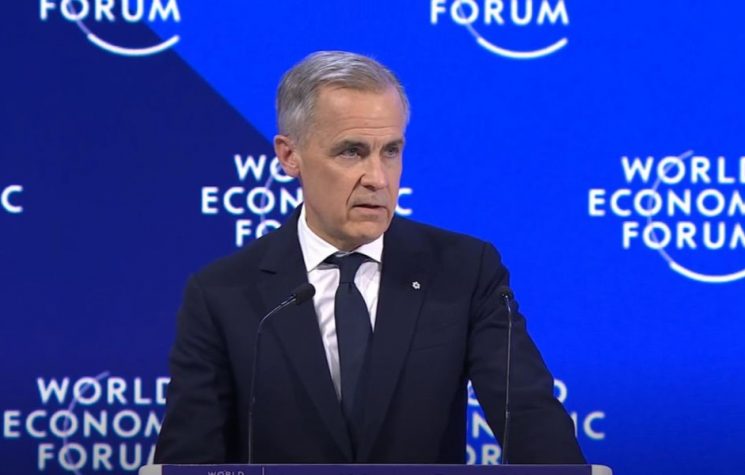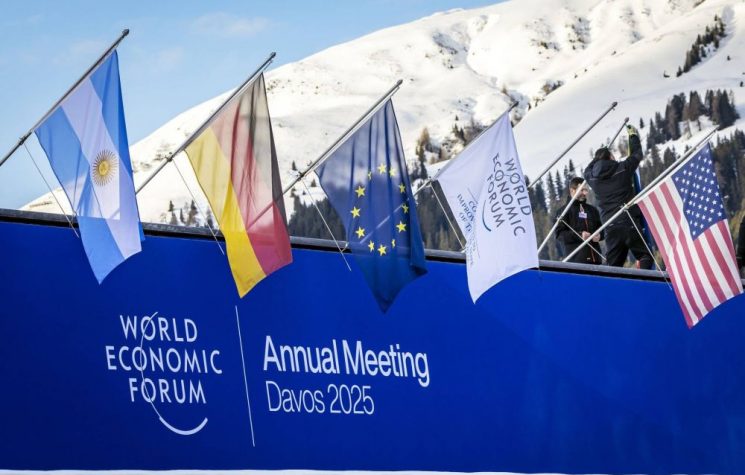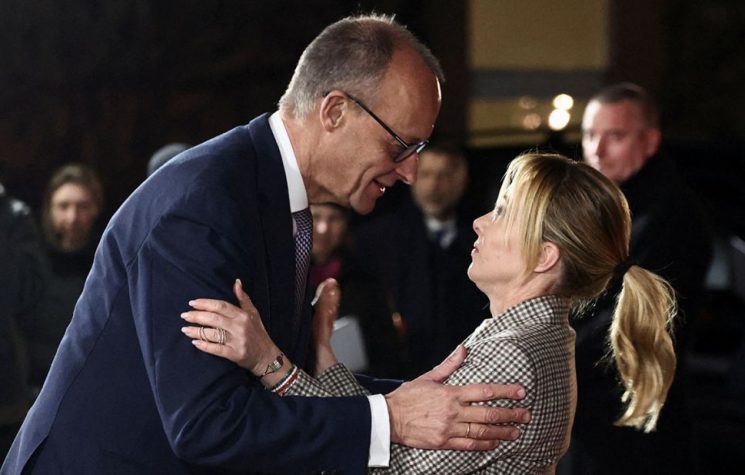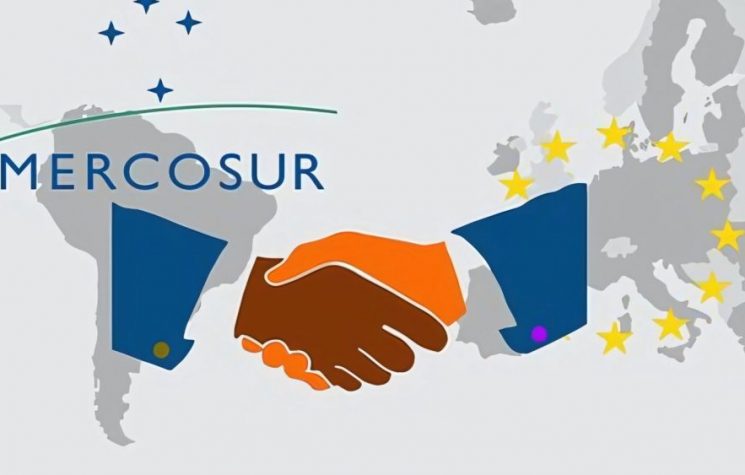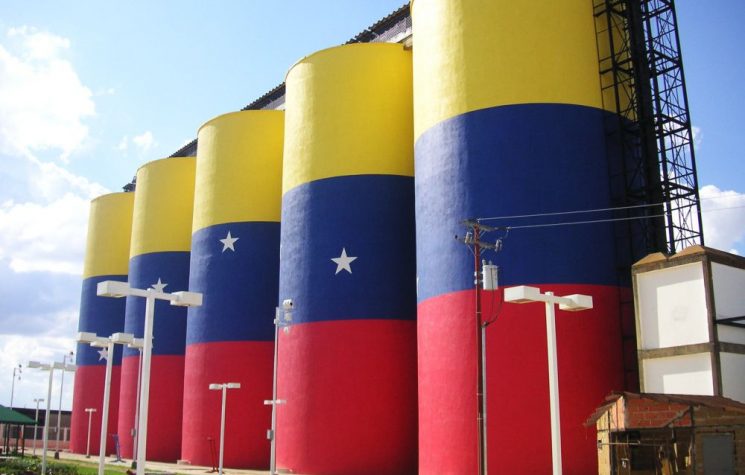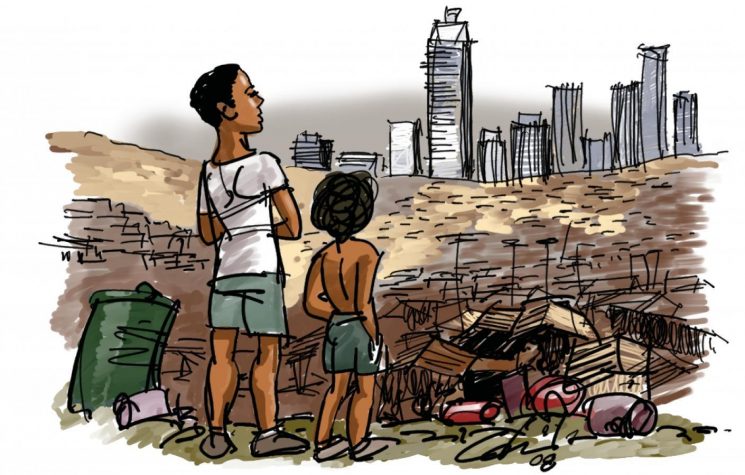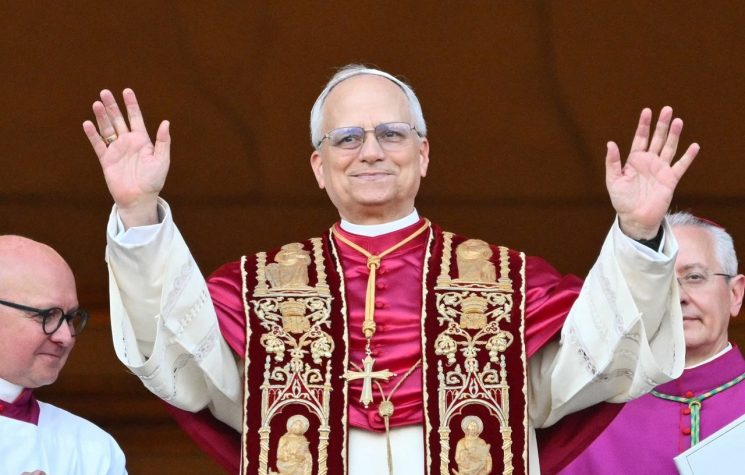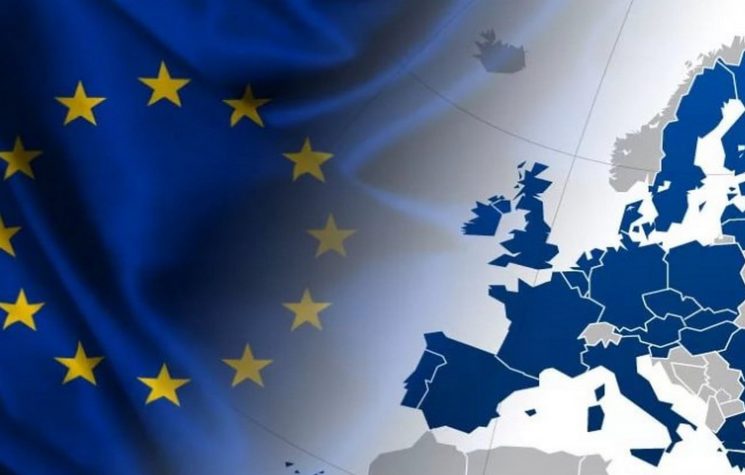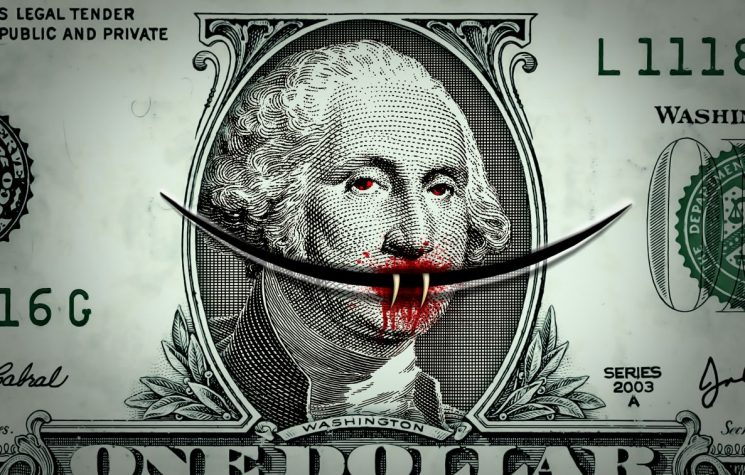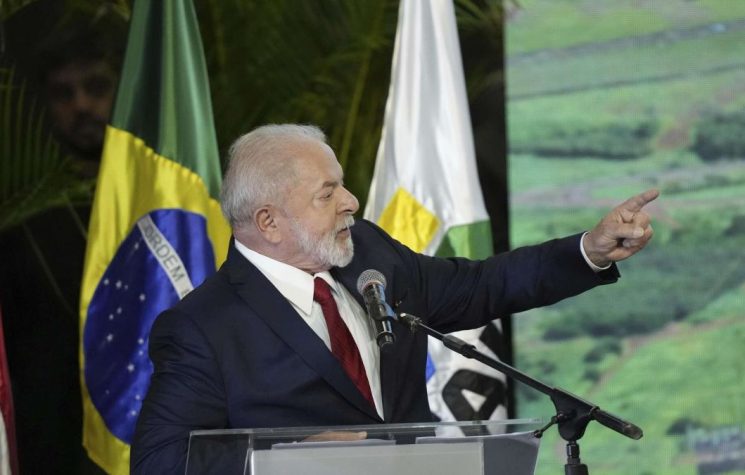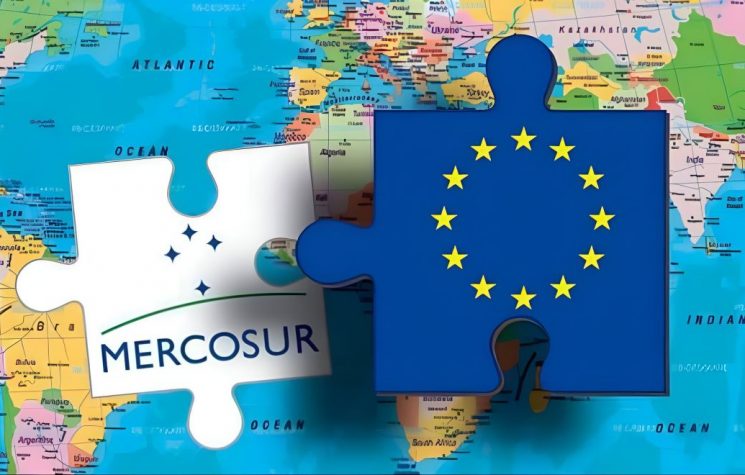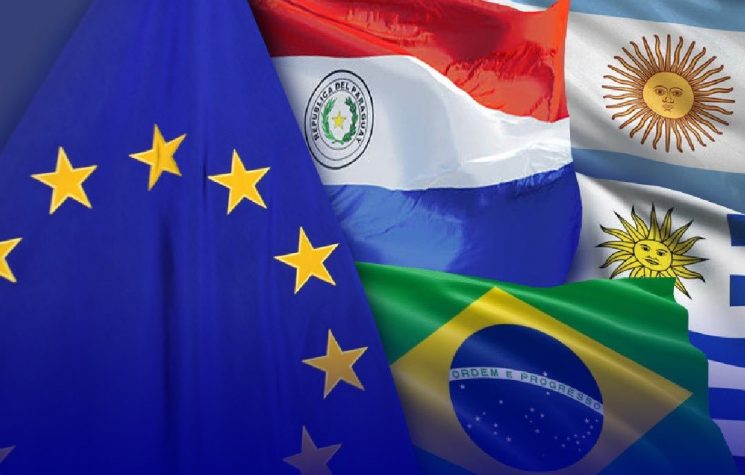At a time when Donald Trump looks set to impose trade restrictions on European goods, it makes sense to diversify.
Contact us: info@strategic-culture.su
The European Union and the Latin American grouping MERCOSUR recently agreed a Free Trade Agreement. If the agreement is finally ratified by European countries, it will create the largest free trade bloc in the world accounting for close to a quarter of global GDP and around 750 million people. This agreement has taken 25 years of on-off negotiations but offers the potential to reduce barriers from almost €110bn in two-way trade while also growing the business and investment relationship. It could be a win-win deal for both groupings,
Trade between the EU and MERCOSUR is small compared to EU exports to the U.S., which are ten times greater. But at a time when Latin American countries are shifting focus towards greater trade with China, and as Donald Trump looks set to impose trade restrictions on European goods, it makes sense to diversify.
However, there’s a hitch. Several European countries plan to block ratification of the agreement. Ratifying an FTA that allowed tariff-free access to Europe’s highly protected agricultural market, could stoke far-right sentiment across the EU. Decision makers fear exactly the sort of violent demonstrations in Poland against the inflow of cheap Ukrainian agricultural imports in March. Poland is one of the countries currently blocking agreement of the MERCOSUR deal, along with France, Europe’s largest recipient of Common Agricultural Policy subsidies. French farmers have already come out in protest to say ‘mais non!’ to the proposed MERCOSUR agreement. Even before Michel Barnier’s government collapsed, the French Assemblée Nationale had voted to reject the EU-Mercosur deal, one lawmaker saying ‘there is no such thing as a good Mercosur agreement’.
However, outside of agriculturally intensive France, Poland and the Netherlands, most European countries are in favour of the MERCOSUR deal. For Germany, it would provide for tariff-free access to precious minerals in Latin America that would be a boon to its flagging automotive industry. Free Trade Agreements are enjoying a minor return to favour led by countries outside of the U.S., which is likely to become the mother of all protectionist countries after Donald Trump comes to power. After the U.S. withdrew from the Trans-Pacific Partnership in 2017, the remaining countries created the Comprehensive and Progressive Agreement for Trans Pacific Partnership in 2018; the UK is going through the final stages of ratification to join (despite being nowhere near the Pacific).
While the global COVID pandemic threw up barriers and walls between countries, further progress on global free trade offers scope gradually to tear them down. Pre-pandemic, the EU had developed a range of mutually beneficial Free Trade Agreements, for example with Japan, Vietnam and Singapore.
While erroneously called a political agreement, the EU-MERCOSUR deal does not contain the political baggage that has bedevilled Europe’s attempts to forge Association Agreements with Eastern Partnership countries like Ukraine and Georgia. Helpfully, it includes none of the normative requirements on democracy, human rights and the rule of law, which more often than not are Trojan horses for the EU to impose its ways of life on other countries. For practically all of its other FTAs, the EU has focussed exclusively on trade and investment.
This raises the question about the value of reigniting plans for a greater Eurasian Free Trade space. The Lisbon to Vladivostok concept died on the altar of the west’s drive to incorporate Ukraine at all costs, and as the U.S. pushed hard for Europe to buy its more expensive energy, rather than access cheap and plentiful minerals from Russia. Reinvigorated, Lisbon to Vladivostok would focus exclusively on trade and include the European Union, the Eurasian Economic Union, Ukraine, Georgia, Moldova and any other country in the Eurasian space that wished to participate. It would be inclusive, rather than exclusive.
There are two obvious advantages to this approach. Firstly, it is abundantly clear, at least to me, that countries like Ukraine, Georgia and Moldova will be unable to join the European Union on equal terms. It is not just that their membership would cause the internal EU budgetary settlement to disintegrate under the pressure of integration. It would create intolerable and, frankly, entirely predictable, political friction among EU states like Poland and France that lost their generous subsidies. EU aspirant countries, over the longer term, could gain considerable economic benefit from membership of a wider free-trade group, without the risk of dislocation, either to themselves or to Europe, caused by ill-considered enlargement.
Second, aspiring EU member countries seem unlikely at any time, if ever, to comply fully with the EU’s exacting political requirements. Ukraine remains deeply corrupt as a state and has been unable to make positive progress on reform since 2014. In one of the great ironies, Ukraine’s so-called European choice has led it no closer to looking and acting like a European country. That same European choice in Georgia is manifest today in a blatant attempt at regime change, of a related type to that witnessed in Kiev in February 2014. In Moldova the Presidential election was tampered with to ensure that Maia Sandu won, by de-facto excluding a large constituency of Moldovan voters who live in Russia. Yet, despite all the goodwill and election interference from Europe, I am deeply sceptical that any of these aspiring members – Ukraine, Moldova and Georgia – could really commit to the political requirements of membership anyway.
In the past week, an EU-MERCOSUR deal has offered a reminder that Europe should abandon its efforts to enlarge and integrate countries like Georgia and Ukraine. Rather, it should return its focus to the Lisbon to Vladivostok idea. This has the potential to create the largest Free Trade Area in the world, comprising over 800 million citizens. It would avoid the obvious distortions and disruption of pushing for deeper political integration with Former Soviet States with the catastrophic results we see today, particularly in Ukraine. Critically, Lisbon to Vladivostok would finally put an end to the sheer folly of expecting countries like Ukraine, Georgia and Moldova to make a false choice between Europe and Russia.








